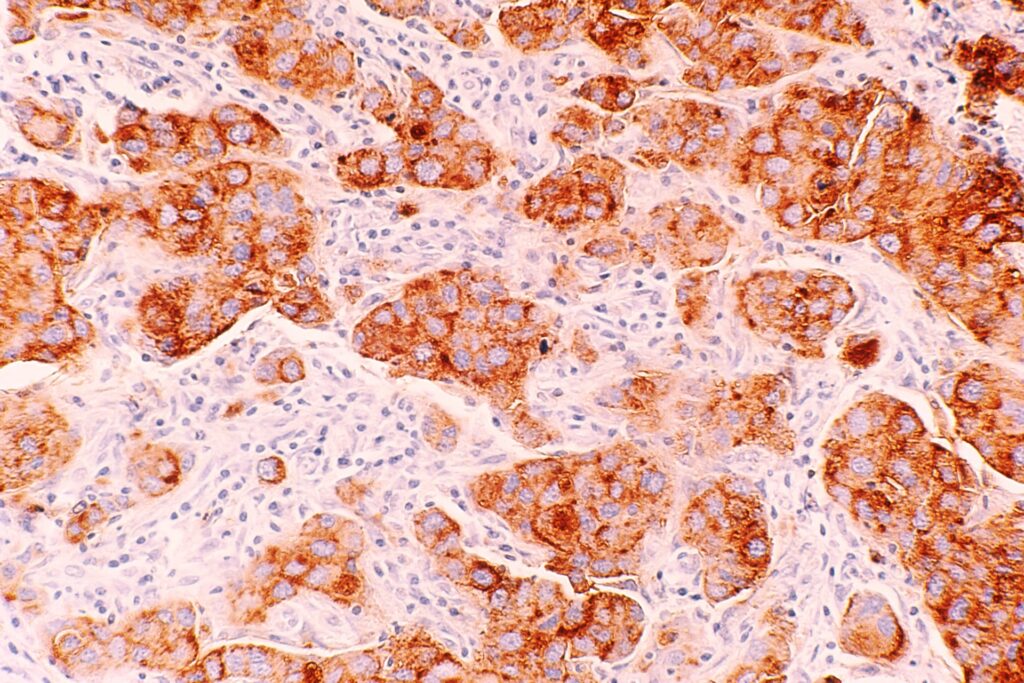We all know how common cancer disease is. It’s a deadly disease. And if there is no early detection, cancer can cost your life.
There are different types of cancer. For women, ovarian cancer is the most common one. Ovarian cancer is the fifth deadliest disease. When you notice any sign of ovarian cancer, it has reached its incurable stage. And it’s because its symptoms are too hard to detect.
Fortunately, technological and medical advancements have allowed us to make the impossible possible. This is why it has become easier to detect some early signs of ovarian cancer through genetic ovarian cancer testing. Keep reading to learn how genetic testing for ovarian cancer has helped patients and doctors survive this disease.
Understanding Ovarian Cancer
Ovarian cancer is cancer of the female reproductive organ. Ovarian cancer is a tumour that originates from your ovaries. It’s an organ near the fallopian tubes. Women’s ovaries are responsible for producing hormones and eggs.
What is the Test for Ovarian Cancer?
To help you determine your chances of developing ovarian cancer, healthcare professionals suggest running a sample test of your blood or saliva. The test is called the BRCA gene test, which assesses if your DNA has any gene mutations.
Gene mutations are abnormal changes in your DNA that initiate the abnormal growth of the cells, leading to a cancerous tumour. Gene mutations only run from generation to generation. So, your ovarian cancer is inherited if you have a gene mutation.
The BRCA gene test is the best genetic ovarian cancer testing method to examine whether you are at high risk of cancer.
BRCA Gene Mutations
There are two BRCA genes; BRCA1 and BRCA2. These genes are responsible for regulating average cell growth in your body. Every person has two copies of these genes inherited from their parent.
Whenever there is a change or abnormal activity either in one of the genes, it leads to uncontrollable growth of cells, leading to cancer. Cancer caused by gene mutation is mostly breast cancer or ovarian cancer.
For better understanding, if your parent has a gene mutation, they are most likely to pass it down to you. As a result, you are at high risk of developing cancer.

What Happens in Genetic Ovarian Cancer Testing?
Before going for a genetic test for ovarian cancer, we recommend consulting a gene specialist. A healthcare professional will help you determine whether you have the factors that contribute to being a gene mutant.
If you have any of the following factors, you qualify for the ovarian cancer test;
- Medical family history of any cancer
- Any blood relative with a BRCA mutation
- Periods before the age of 14
- Never used any contraceptive
- Diabetes or endometrioses history
- Obesity
Genetic ovarian cancer testing involves taking a blood sample, saliva, or urine sample to check your DNA for any gene mutations.
What If My Test for Ovarian Cancer is Positive?
If the genetic test has shown any gene mutation in your DNA, you have a higher chance of developing breast or ovarian cancer. Luckily, this test can help your doctor create an early detection plan to reduce the chances of developing any cancer. Here is a list of things to do if your test for ovarian cancer is positive;
- Get a CA-125 blood test
- Transvaginal ultrasound
- Pelvic exam
- Look for abdominal bloating
- Consume carotenoids
- Drink green tea
- Chemotherapy
- Increase your sodium intake
- Pasteurized dairy products
Conclusion
Getting your gene test for ovarian cancer can be ground-breaking. But that doesn’t mean it’s not in your control. The genetic test for ovarian cancer can help your doctor take the initial preventative steps to lower the risk of developing ovarian cancer.

Olivia Harper is a writer passionate about exploring the latest developments in technology and digital solutions. She focuses on providing in-depth analysis, tech reviews, and news updates that keep readers informed and ahead of the curve.
